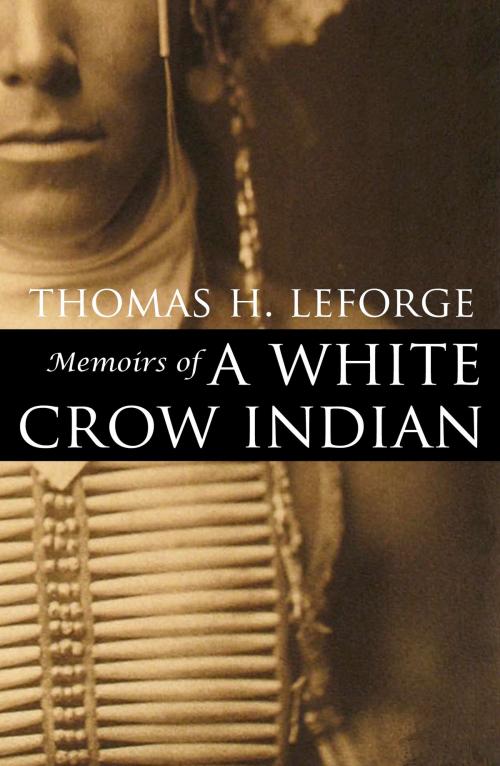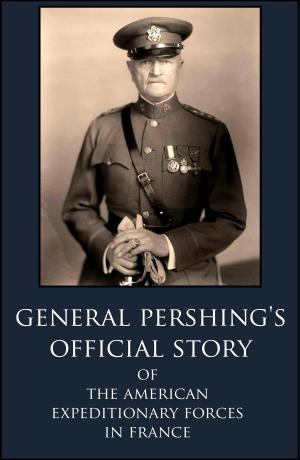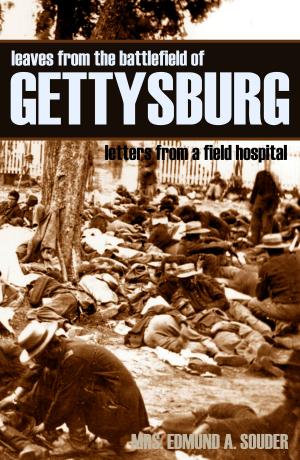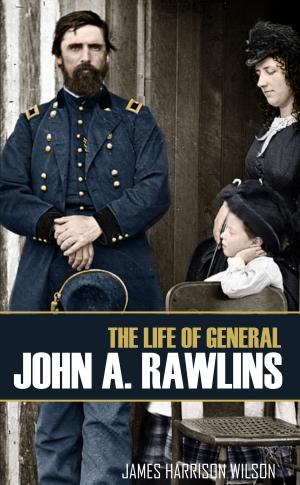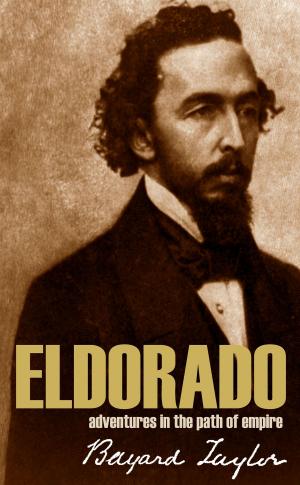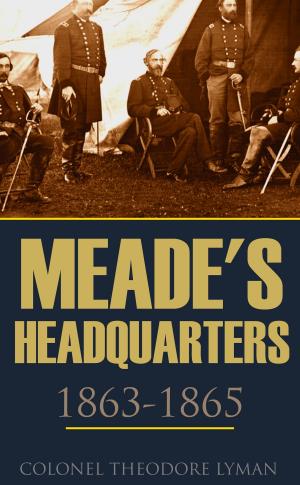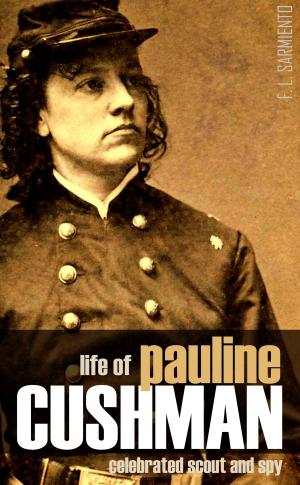Memoirs of a White Crow Indian
Nonfiction, History, Americas, United States, State & Local, Social & Cultural Studies, Social Science, Cultural Studies, Native American Studies, 19th Century| Author: | Thomas H. Leforge, Dr. Thomas B. Marquis | ISBN: | 1230001372977 |
| Publisher: | BIG BYTE BOOKS | Publication: | October 4, 2016 |
| Imprint: | Language: | English |
| Author: | Thomas H. Leforge, Dr. Thomas B. Marquis |
| ISBN: | 1230001372977 |
| Publisher: | BIG BYTE BOOKS |
| Publication: | October 4, 2016 |
| Imprint: | |
| Language: | English |
Tom Leforge was a legend in his time. Interpreter and scout, he lived among the Crow Indians, as a Crow, for decades. If not for a broken collar bone, Leforge would have been with the six Crow scouts that accompanied General George Armstrong Custer to the Little Bighorn. Instead, he watched from a hospital wagon as the troops marched off to their destiny. Days later, he interpreted Crow scout Curly's account of the battle for Lt. James Bradley.
This is one of the most important memoirs of early Montana and the Indian Wars. Compiled by Leforge's friend, Dr. Thomas Marquis, this is a modest, self-deprecating, and often humorous account of a white man who was fully accepted into Indian life.
Leforge's observations on Crow culture and the vanishing way of life that he was a part of is fascinating and detailed. Though he left the tribe for two decades to live among whites, he returned to the Crow reservation in his later years as the place where he felt most comfortable.
Every memoir of the American West provides us with another view of a time that changed the country forever.
Tom Leforge was a legend in his time. Interpreter and scout, he lived among the Crow Indians, as a Crow, for decades. If not for a broken collar bone, Leforge would have been with the six Crow scouts that accompanied General George Armstrong Custer to the Little Bighorn. Instead, he watched from a hospital wagon as the troops marched off to their destiny. Days later, he interpreted Crow scout Curly's account of the battle for Lt. James Bradley.
This is one of the most important memoirs of early Montana and the Indian Wars. Compiled by Leforge's friend, Dr. Thomas Marquis, this is a modest, self-deprecating, and often humorous account of a white man who was fully accepted into Indian life.
Leforge's observations on Crow culture and the vanishing way of life that he was a part of is fascinating and detailed. Though he left the tribe for two decades to live among whites, he returned to the Crow reservation in his later years as the place where he felt most comfortable.
Every memoir of the American West provides us with another view of a time that changed the country forever.
